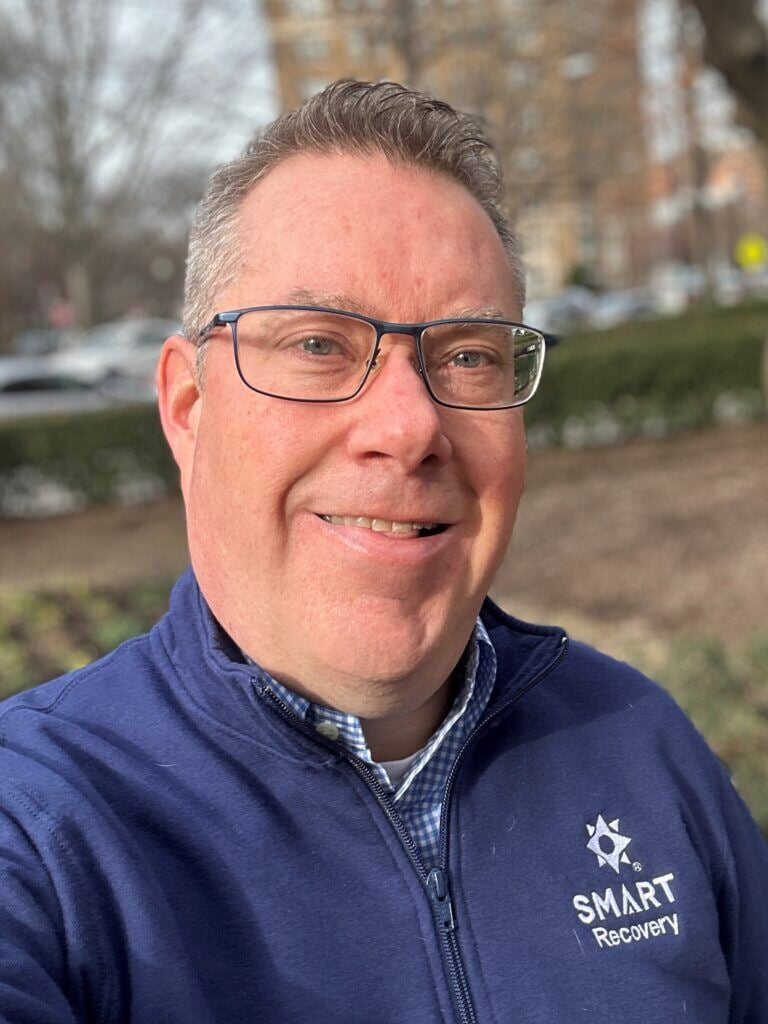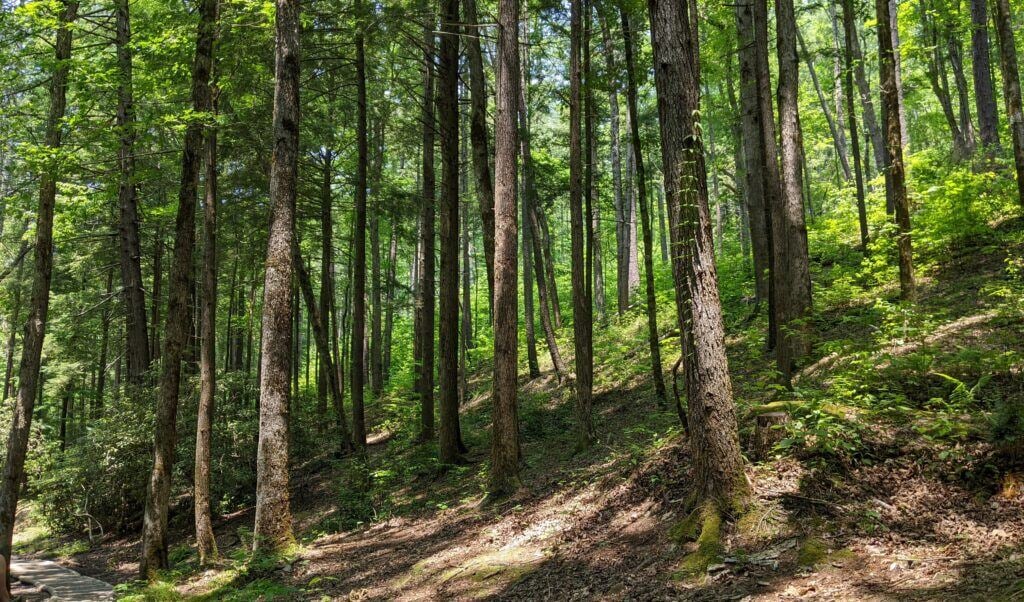 by Sam Lester aka Sam29, Onsite and Online Trainer; SMART Volunteer
by Sam Lester aka Sam29, Onsite and Online Trainer; SMART Volunteer
I just returned from an Onsite Facilitator’s Training I conducted in Fort Yukon, Alaska on behalf of SMART Recovery. When I started out on my flight I wasn’t sure what to expect. I was a little nervous as I didn’t know much about the culture. I read a bit of information about the area on the Internet but thought it best to meet the trainees in person and learn firsthand. Little did I know it would be one of the most enjoyable experiences of my life.
 I stayed at a Bed & Breakfast (B&B) which was run by the mum of one of the trainees in the group. She was a delight and made me feel very comfortable in her home. I connected with the simplicity of the cabin which was built by her husband early on in their lives. It had all that we needed without the air of a business. Fort Yukon is a village and many of the people who live there are related. I met family members, including a past chief of the local Gwich’in Tribe. Two of the trainees stayed at the B&B, as well. They had flown in from Fairbanks. We got to know each other, and it really increased our connection during the training.
I stayed at a Bed & Breakfast (B&B) which was run by the mum of one of the trainees in the group. She was a delight and made me feel very comfortable in her home. I connected with the simplicity of the cabin which was built by her husband early on in their lives. It had all that we needed without the air of a business. Fort Yukon is a village and many of the people who live there are related. I met family members, including a past chief of the local Gwich’in Tribe. Two of the trainees stayed at the B&B, as well. They had flown in from Fairbanks. We got to know each other, and it really increased our connection during the training.
The Council of Athabascan Tribal Governments, a consortium of 10 tribes in the Yukon Flats, was our major contact and awarded grant money through the government’s HRSA (Health Resources & Services Administration) AIMS (Access Increases in Mental Health and Substance Abuse Services) program to fund the training. Among many necessary support areas, the Behavioral Health Services at the clinic in the village is focusing on substance use/abuse. SMART Recovery’s concepts were of interest, hence their decision to have their staff trained to become facilitators of SMART Recovery meetings.
 Eight trainees were taking the course and not one had any idea what SMART Recovery had to offer or what would be expected of them prior to the training. Clarity soon set in as we began the training, and they realized that we were all very like-minded people. It appeared that this was going to be a helpful support system for them, as self-management could be a very effective skill to learn in helping to overcome addictive behaviors while living in their unique environment.
Eight trainees were taking the course and not one had any idea what SMART Recovery had to offer or what would be expected of them prior to the training. Clarity soon set in as we began the training, and they realized that we were all very like-minded people. It appeared that this was going to be a helpful support system for them, as self-management could be a very effective skill to learn in helping to overcome addictive behaviors while living in their unique environment.
Throughout the two days of training they learned the tools, shared issues which were used during role plays, and practiced their Motivational Interviewing skills; all of which prepared them for facilitating SMART meetings!
At times the facilitators in training laughed and other times they had some sad revelations about their culture and how things had changed. They talked about some of the struggles of the younger generations and how addictive behavior was evident in the destruction of families of the indigenous people.
A lot has changed for the people of the Yukon Flats over the years contributing to stressors in life, including global warming. While we may think of these changes as simply unpredictable weather, the residents in this area are impacted with the inability to cross the rivers where they once cut trees for firewood due to the ice being unsafe. And restrictions on hunting and fishing lessen their bulk of foods that they rely on to feed themselves and their families.
While Alaska is one of the American states, it stands alone in many ways. I am so glad that I was able to be with them, even for this short time. I am glad I have introduced SMART Recovery so that they can build a support system for their communities. I learned a great deal, and I respect and cherish the people of Fort Yukon, AK.
For information about Onsite Training for groups of 10 or more, please see our training page.




